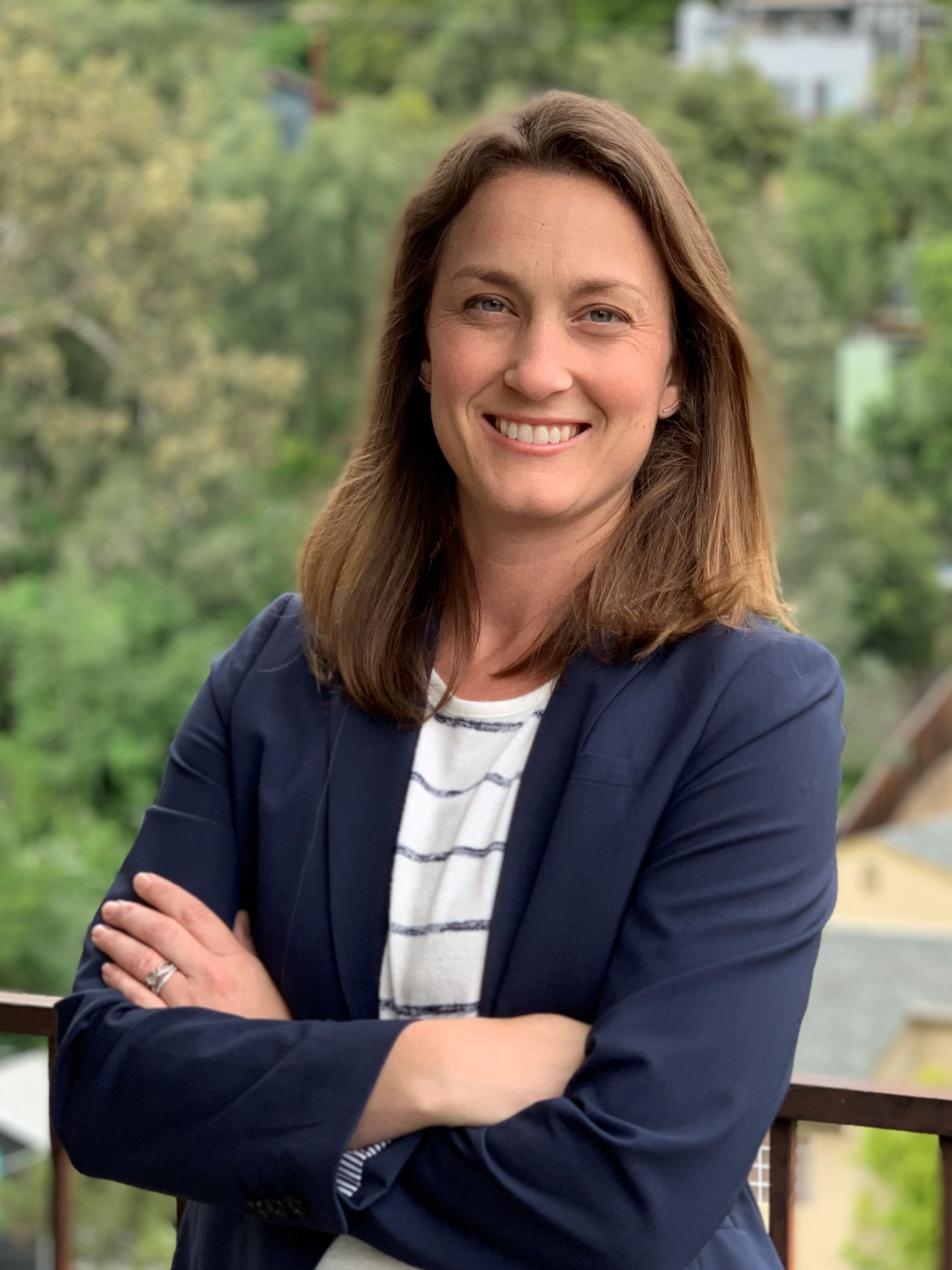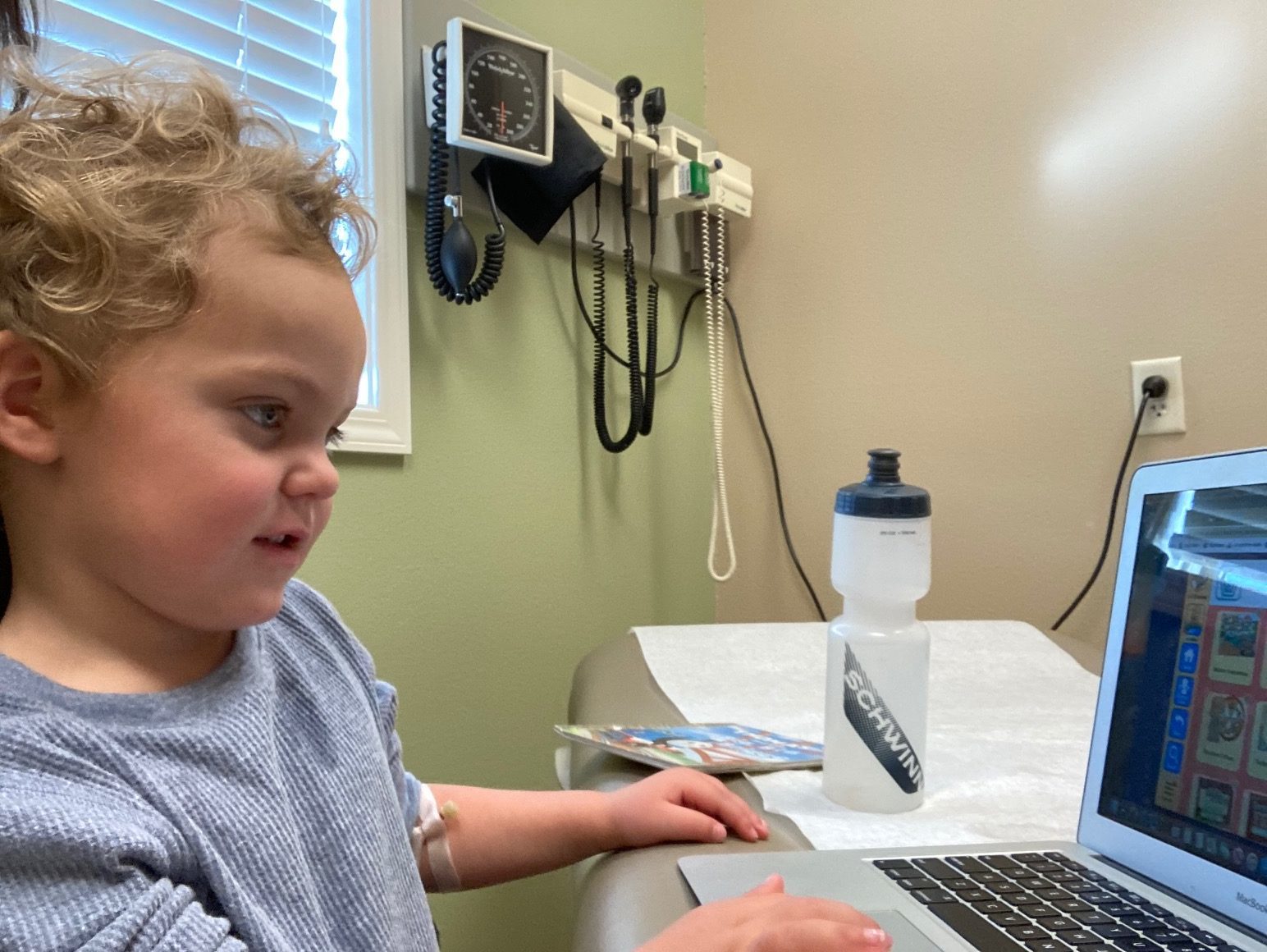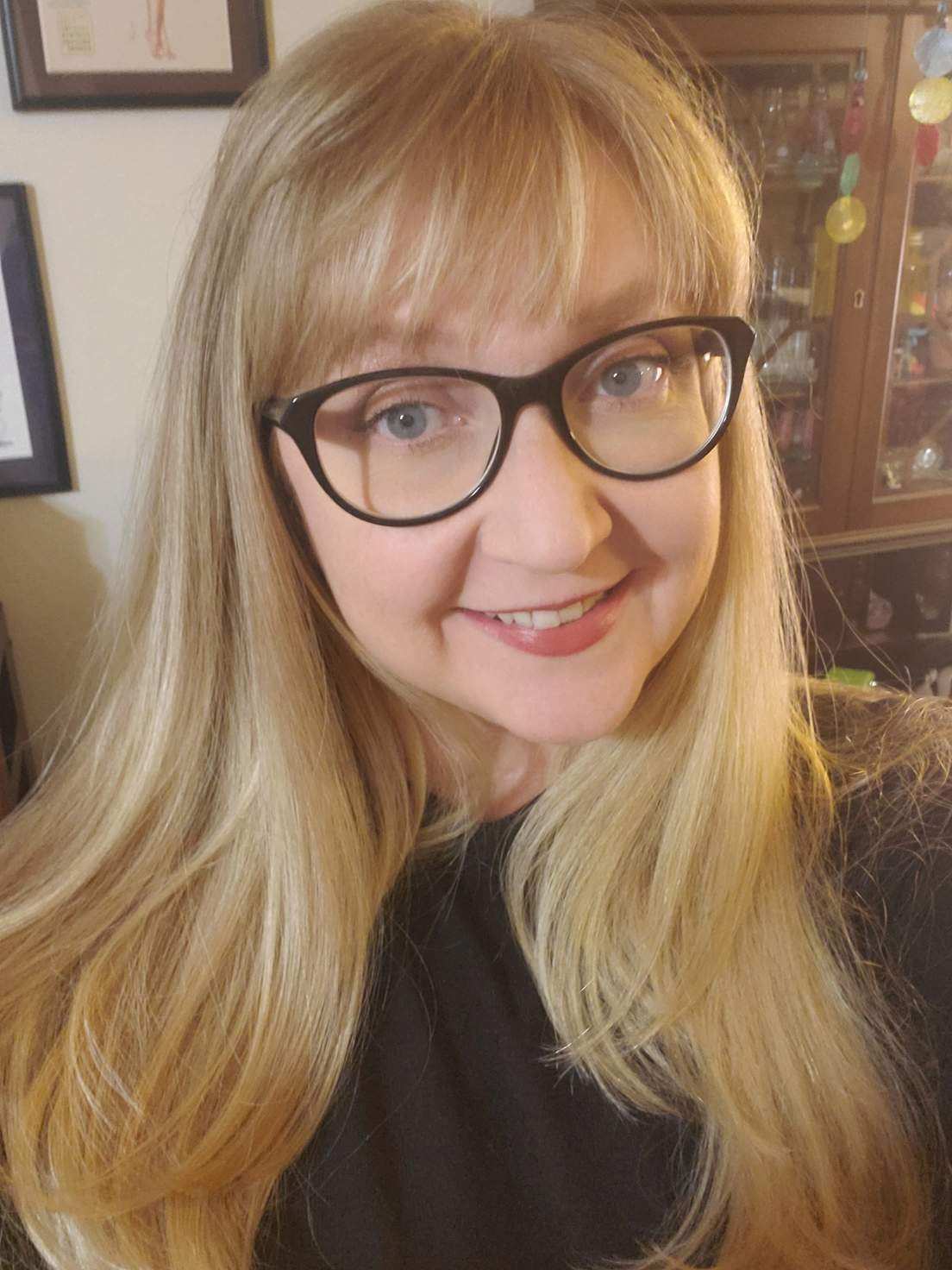SC CTSI Team Members Don't Just Support Clinical Trials at USC and CHLA—They Participate, Too
By taking part in clinical research as participants, members of the SC CTSI gained a new perspective and valuable insights into the research process.
Among the Southern California Clinical and Translational Science Institute's most important services to the research community are their support and tools designed to help investigators overcome the all-too-familiar hurdle of clinical study recruitment. As a result, few people are more cognizant of the importance of participation in clinical research than the personnel of the SC CTSI organization itself. And several of the institute's team members have in fact walked the walk, volunteering to be clinical study participants, sometimes bringing along their families.
The process, they said, provided more than satisfaction from knowing they had helped advance the overall mission of research. Like many study participants, the information learned in the studies they took part in may benefit them in their own long-term health and wellness. But they also gained unique insight into the study process that they believe will help them be better clinical research professionals.

One SC CTSI team member who has volunteered to be a participant is Allison Z. Orechwa, PhD, Director of Programmatic Development, a role in Central Administration that propels new projects forward and supports core groups in their work. Orechwa and her husband enrolled both of their children in a national Type 1 diabetes screening study called TrialNet. The study's annual screenings test participants' blood for autoantibodies that are markers for higher risk of developing diabetes.
Happily, the Orechwas' seven-year-old child had three negative tests—no sign of diabetes risk. But their three-year-old son tested positive for two autoantibodies, placing him in Stage 1 of diabetes—which means he had no symptoms yet but possesses biological markers for the condition. That information is especially helpful to the family: the Orechwas are now in a more informed position to monitor their son's health as he grows up.
The study's identification of the markers also makes the child eligible for clinical trials testing drugs to delay disease progression.
"It’s our only option to try to delay onset," Orechwa said. "We'll realize benefits whether we’re randomized to the experimental group or the placebo/control arm. Even if we're in the placebo group, at least the study will demonstrate whether the drug will benefit future kids like ours."

The Orechwas are now in the process of enrolling their son in a multisite trial of hydroxychloroquine, a drug that has been used for years to treat autoimmune diseases such as lupus, and has been shown to be safe and effective, even for children.
Orechwa has become a dedicated participant—in fact, the diabetes trial was her fourth study. The experiences have opened her eyes in many ways to the participant experience that she could not have seen from the academic side that she normally occupies.
"I learned how it really feels to a person to weigh the potential benefits of participation with the risks. And I learned that participants often spend most of their face time with clinical research coordinators rather than PIs, and the importance of bedside manner in CRCs."

Candice Mulder MPH, CIP, CCRP, is a SC CTSI Supervisor within Clinical Research and Regulatory Affairs, working with researchers at Children's Hospital Los Angeles. She initially got into research participation to learn more about the process to better support investigators in the CHLA research community but has since remained an active and regular participant.
Mulder participates in research studies that typically identify her through a clinical research website called Research Match, which she joined to learn how it worked and if it might be helpful to the researchers she supports.
"Although I joined the website to see how it might benefit our researchers in their recruitment efforts, I stuck around because of all the great research opportunities that I have been notified about," said Mulder. Many of the studies she has taken part in are surveys, about health and other topics, as well. "I learn a lot by participating in research—everything from the creation of a well-written consent form to taking an efficient survey."
Mulder is also currently participating in a USC exercise study that provided her with a Fitbit Versa to track exercise progress and app usage for a year. After the study, she'll be allowed to keep the Fitbit tracker.
"I’m enjoying the benefits," she said. "It is helping to keep me mindful and active since my gym closed down due to the pandemic."
No matter how experienced a clinical investigator or research professional may be, conducting or working on a study is not the same as participating in a study. The SC CTSI personnel who participated said the experience brought valuable lessons that they hope will inform and improve their own work as clinical/translational research professionals and investigators.
"I think that participating in research can help the researcher be even more empathetic to the various challenges volunteers face and do even more to eliminate these challenges," said Mulder.



